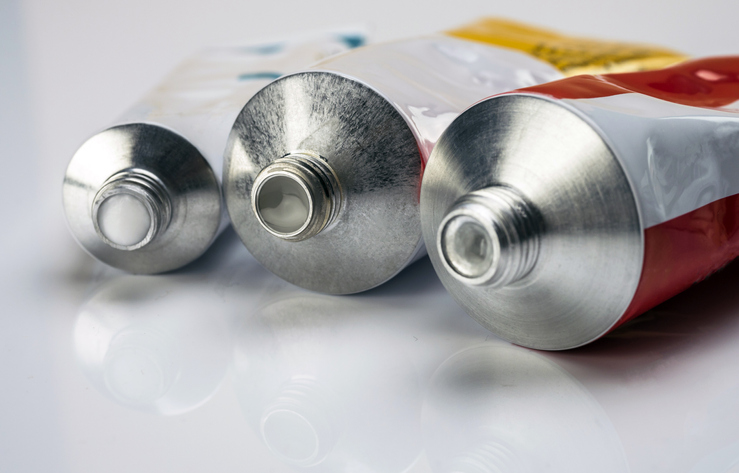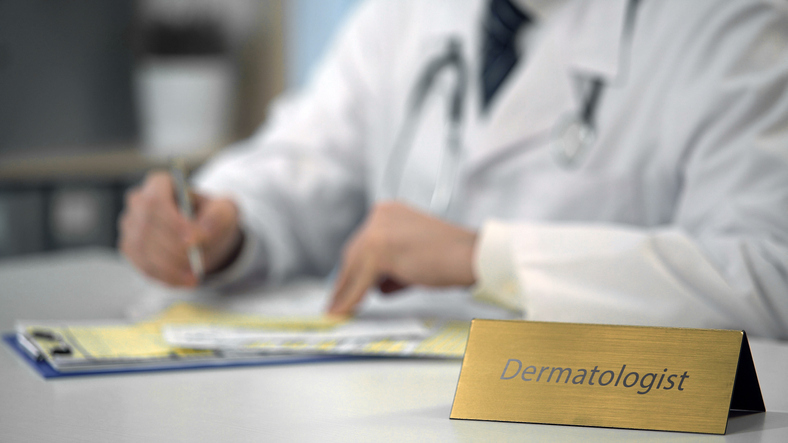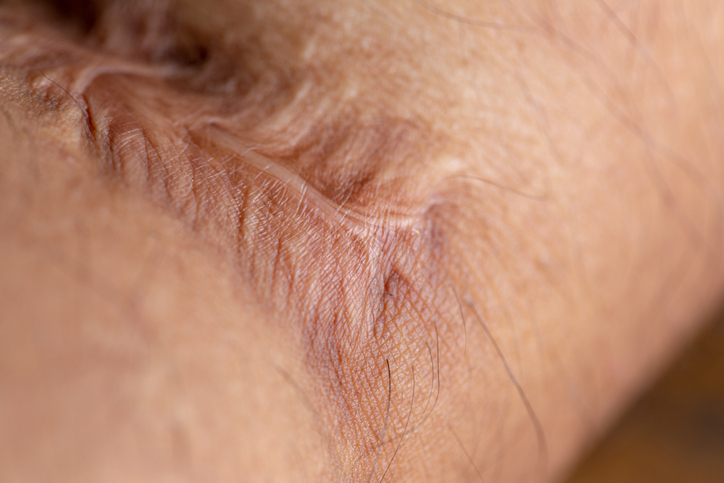Pain
Conventional Medical Treatments for Hidradenitis Suppurativa

What is hidradenitis suppurativa?
Hidradenitis suppurativa (HS), or acne inversa, is a chronic skin condition characterized by painful, boil-like lumps that form in blocked hair follicles under the skin. The lumps may eventually rupture and leak pus and blood. As the ruptures heal, hard, rope-like scars and sinus tracts (tunnels under the skin) often form, which can restrict movement.
There is no cure for hidradenitis suppurativa (HS). However, treatment can reduce symptoms and help prevent complications. Conventional medical treatments for HS generally include medications and surgery.
Medications for hidradenitis suppurativa
Medications that may be used to treat HS include the following:
- Topical antibiotics can be applied to the skin in the form of creams, ointments, gels or cleansers. Examples include clindamycin and gentamicin.
- Oral antibiotics, such as doxycycline, may be prescribed for widespread or severe symptoms.
- Nonsteroidal anti-inflammatory drugs (NSAIDs), such as ibuprofen or naproxen, can help reduce pain and swelling.
- Prescription nonsteroidal anti-inflammatory drugs (NSAIDs), such as celecoxib, can help reduce pain and swelling.
- Over-the-counter pain medications, such as acetaminophen or topical lidocaine, can be used to relieve the pain of HS.
- Prescription pain medications may be prescribed to relieve pain associated with HS.
- Corticosteroids can be injected directly into the lumps to reduce inflammation and pain. Oral steroids are also an option.
- Biologics work by targeting and suppressing specific segments of the immune system that perpetuate inflammation. Adalimumab is an FDA-approved biologic for the treatment of HS. Several other biologics, such as infliximab, etanercept, anakinra, canakinumab, and ustekinumab, are sometimes prescribed off-label. These medications can be given via infusion or injection.
- Topical resorcinol is a cream that can be applied to areas of inflamed skin.
- Hormone therapy may be an effective treatment option for women. Options include birth control pills, spironolactone, or antiandrogen therapy.
- Oral retinoids, such as acitretin or isotretinoin, may be prescribed for severe cases of HS.
Surgical treatments
Surgical treatments are generally used for severe cases of HS that do not respond well to medications. Surgical treatment options include the following:
- Abscess draining can be done to drain pus from an abscess and provide short-term relief.
- Deroofing is a procedure that involves the removal of tissue to expose the tunnels under the skin. Non-painful scar tissue eventually fills in the space of the removed painful tissue.
- Punch debridement involves the surgical removal of one inflamed nodule. This procedure is also called limited deroofing.
- Tissue-sparing excision with electrosurgery involves the removal of damaged tissue through electrosurgical peeling.
- Surgical removal involves removal of all affected skin. Skin grafts may be needed to close the wounds.
Other conventional medical treatments
Other conventional medical treatments for HS include the following:
- Laser therapy can be used to eliminate the lumps or lesions.
- Laser hair removal can help prevent the condition from getting worse if used early in the disease process.















